![]()
Sleep is an important part of your day. It can impact every facet of your life, from your health to your mood, your weight, and your mental state. It can help you stay productive and perform at your best. So in order to make the most of your day, you need to first improve your night and make sure you not only get a good amount of sleep but that you also get good quality sleep.
What are the main sleep stages and why are they important?
There are four main stages you cycle through when sleeping: light sleep, deep sleep, REM sleep, and short periods of being awake in between.
The Awake Sleep Stage
While you might not even remember it, you are typically awake anywhere from 10-30 times per night, each time for very brief periods.
The Light Sleep Stage
Light sleep usually accounts for about half of your nightly sleep. It occurs when your heart rate starts to slow down and your body temperature drops. This stage is essential because it helps your body get ready for deep sleep. And it’s important in helping build your memory and learning. So don’t discount the value of light sleep and having enough of it each night as well.
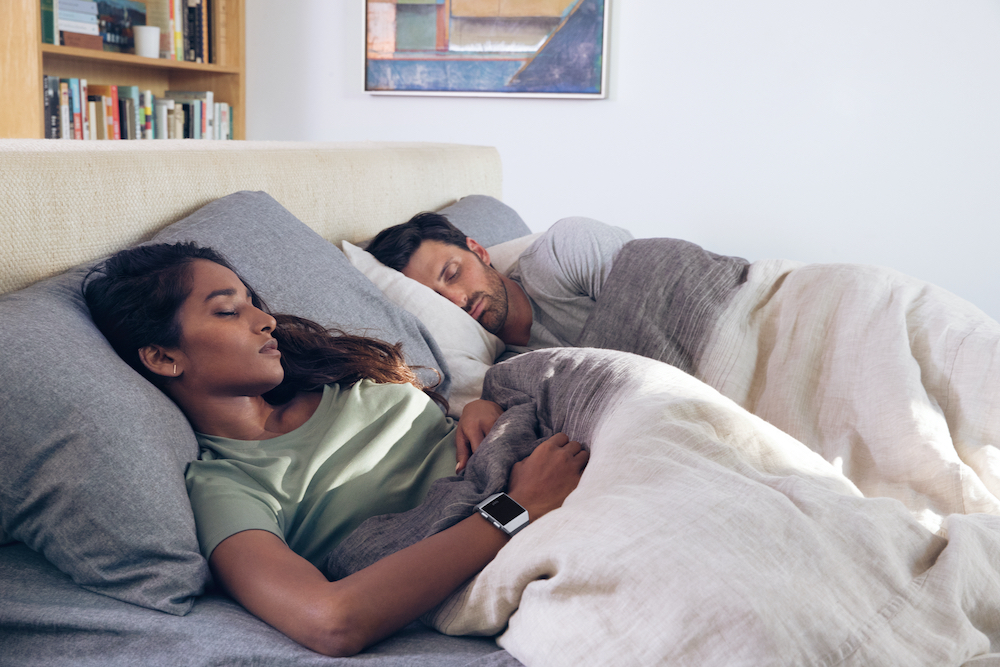
The Deep Sleep Stage
In this stage, you are fully asleep. You’re harder to rouse from slumber when in this stage of sleep. And if you are awoken by someone or something, you might feel a bit disoriented. Deep sleep is important for helping build your immune system and help your body repair itself and regrow tissue, building your bones and muscle. It’s especially good for recovery from workouts. But whether you’re a gym rat or not, it’s important that everyone gets a reasonable amount of deep sleep during their sleep cycle in order to feel properly refreshed in the morning.
The REM Sleep Stage
REM stands for Rapid Eye Movement because this is the sleep stage when your eyes move quickly in different directions. Yes, while they are closed. Your heart rate and breathing speeds up and your brain is most active during this stage of sleep. This is why REM sleep is when you will most often experience vivid and intense dreams. REM sleep usually occurs when you are coming out of deep sleep, first happening about an hour and-a-half after you fall asleep and then periodically throughout the night, each time for about 10 minutes or so, up to an hour by the end of the night. REM sleep is important for mental restoration.
How does age impact sleep stages?
Each sleep stage can last anywhere from 5 up to 15 minutes, and you’ll typically go through all three stages before you reach REM. But the time spent in sleep stages can be impacted by many factors, including your age. People often get less deep sleep as they get older, for example, along with less sleep overall. Meanwhile, babies can spend up to half of their nights in the REM sleep stage; by comparison, for a typical adult, REM accounts for about 20% of a night’s sleep.
Effects of getting a good night’s sleep
It’s pretty easy to tell if you’re sleep-deprived. If you feel drowsy at all during the day, even during low-key, mundane activities, chances are you haven’t gotten enough sleep. If you find that you fall asleep very quickly at night, your mood changes, you have “microsleeps” during the day (short periods of dozing off), you are forgetful, or unable to focus, these are also signs that you haven’t gotten enough sleep, or at least enough good quality sleep.
As noted, lack of sleep can impact your judgment, reaction time, mood, and ability to focus. It can cause problems with memory, depression, and a weakened immune system. You might also have stronger feelings of pain and could even end up with high blood pressure, diabetes, heart attack, obesity (due to overeating), a lower sex drive, wrinkled skin, dark circles under your eyes, and overall bad decision-making.
![]()
Tips for getting better sleep
Here are a few tips for helping yourself get a better night’s sleep.
Set a schedule
It sounds so obvious yet so many of us fail to do this: make sure to leave enough time for sleep in your busy schedule. Set a consistent bedtime and try to stick to it as often as possible. While it might be tempting to finish that work project or stay up and binge just one more episode of your favorite show, think of how the lack of sleep will catch up with you the next day.
Create a sleep sanctuary
Make sure your bedroom is set up for comfortable and relaxing sleep. This means keeping it dark and quiet and at a comfortable temperature with comfortable and warm sheets and a supportive pillow. Eliminate any screens from your bedroom or turn them off long before bedtime.
Eliminate things that can impact sleep
While you might want to indulge in a nice glass of wine at dinner, or a cup of tea before bed, try to steer clear of alcohol or caffeine too close to bedtime as this can impact your sleep. Don’t engage in any rigorous workouts right before bed either—while it’s good to have at least 30 minutes of exercise per day, time your workouts so they’re done at least five hours before you tuck in for the night.
Talk to your doctor
If you feel as though you aren’t sleeping well, or having trouble getting enough sleep, talk to your doctor or a medical professional to find out if there are underlying issues and get their professional recommendations.
Devices to help improve your sleep quality
Further to these general tips, there are certain devices you can use to help improve your sleep quality.
A fitness tracker
White noise machines
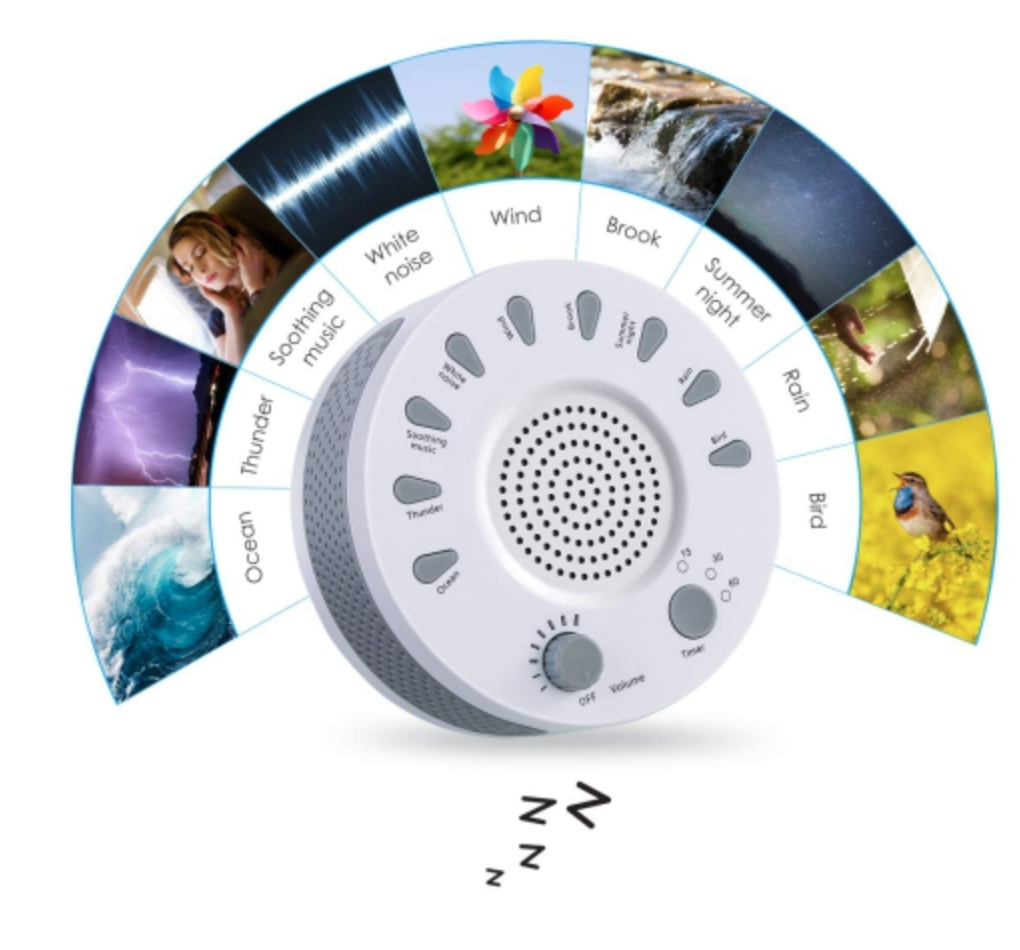
White noise machines provide sounds that masks other typical sounds in the environment that could distract you from a good night’s sleep, like traffic, noisy neighbours, and animals. They offer soothing sounds that can help lull you to sleep, played overtop those environmental noises so you can focus on the white noise instead. The idea is to distract your brain with calming noises so you don’t focus on what’s preventing you from sleeping.
Some devices, like the Dodow Metronome and Somnox Sleep Robot is a “huggable” device simulates breathing to help regulate yours
Light therapy
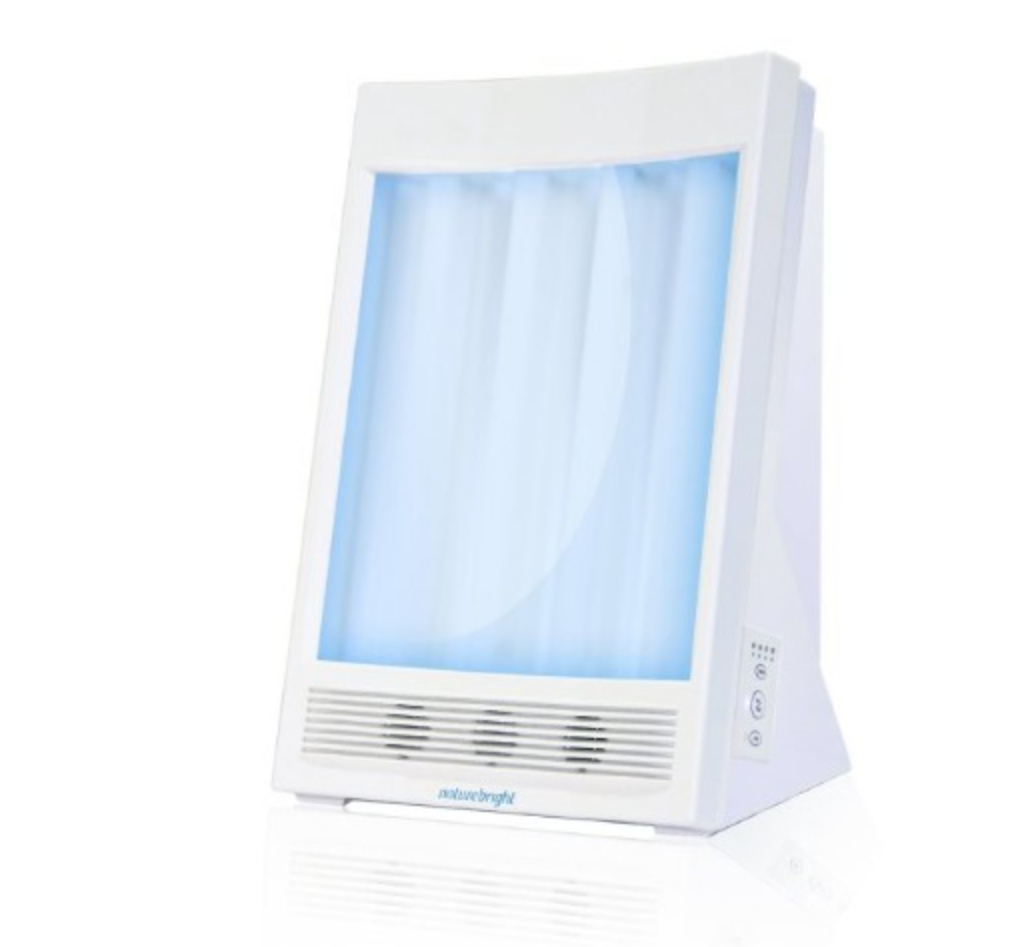
Aromatherapy
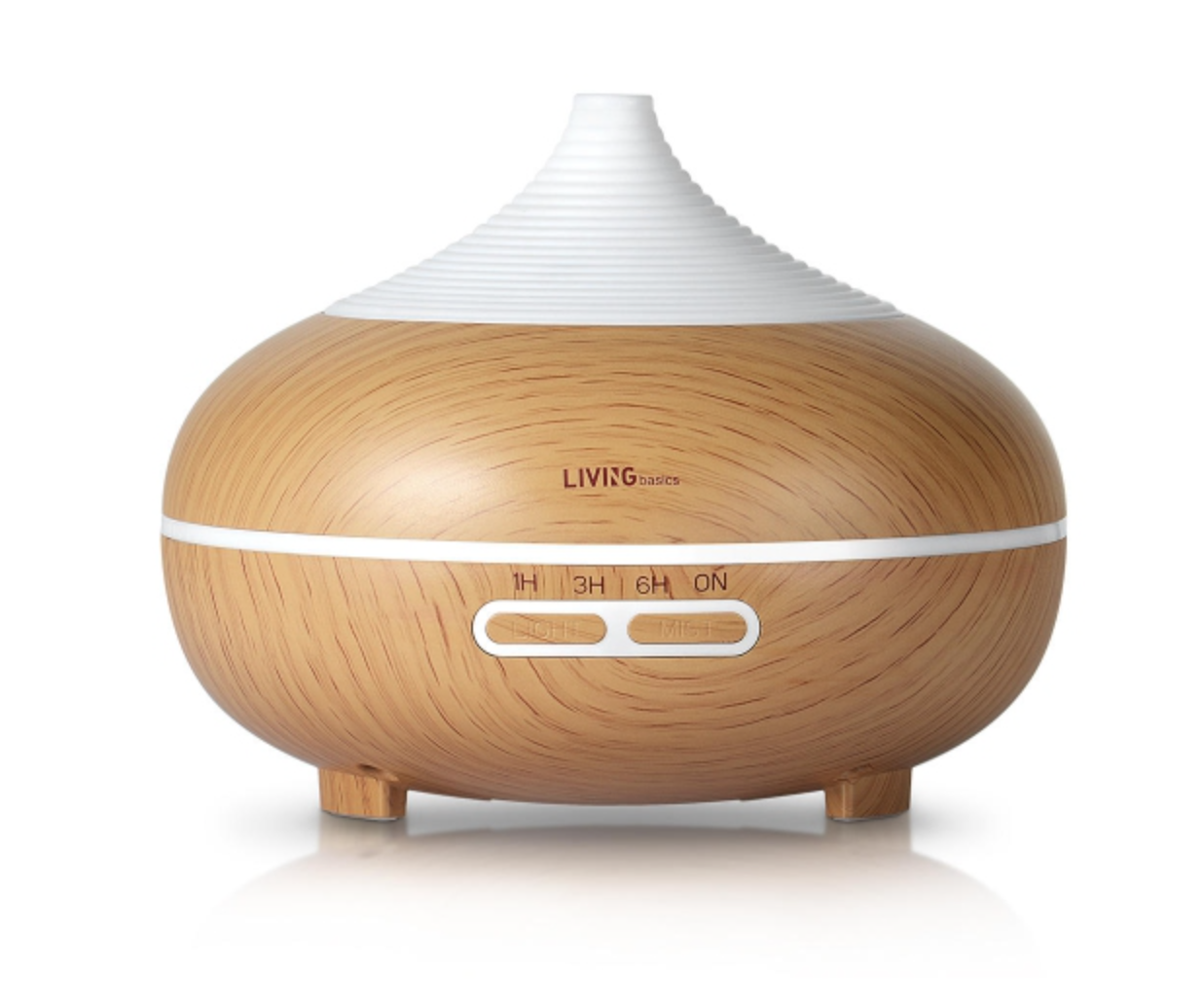
Baby sound machine
If you have a baby at home, it’s a no-brainer that this will impact your sleep. But having a baby sound machine, essentially a white noise machine for babies, can not only benefit your baby, but you, too. These machines provide soothing sounds that help calm a baby so they can fall asleep faster or fall back asleep on their own if they stir during the night. And they might also help a baby sleep longer. This can can help you, in turn, sleep longer.
Air purifier
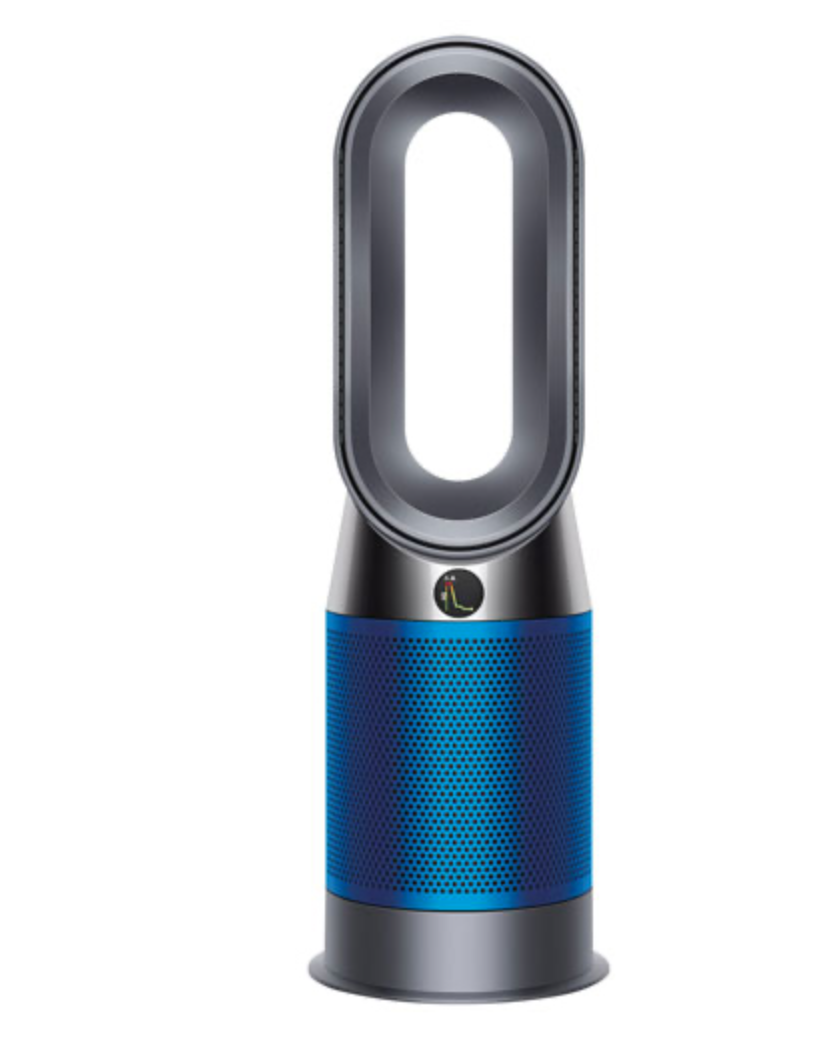
Baby Monitor With Sleep Tracking
Another useful device for those with babies is a video monitor that has a sleep tracking feature. These track a baby’s breathing and sleeping habits, the temperature of the nursery, and the humidity level in the room so you can find the perfect setting that helps your baby sleep the best. They typically don’t require any wires or wearable devices but provide a graph of sleeping habits so you can make adjustments as needed. Some baby monitors with sleep tracking also have integrated sound machines.
Other sleep tech devices
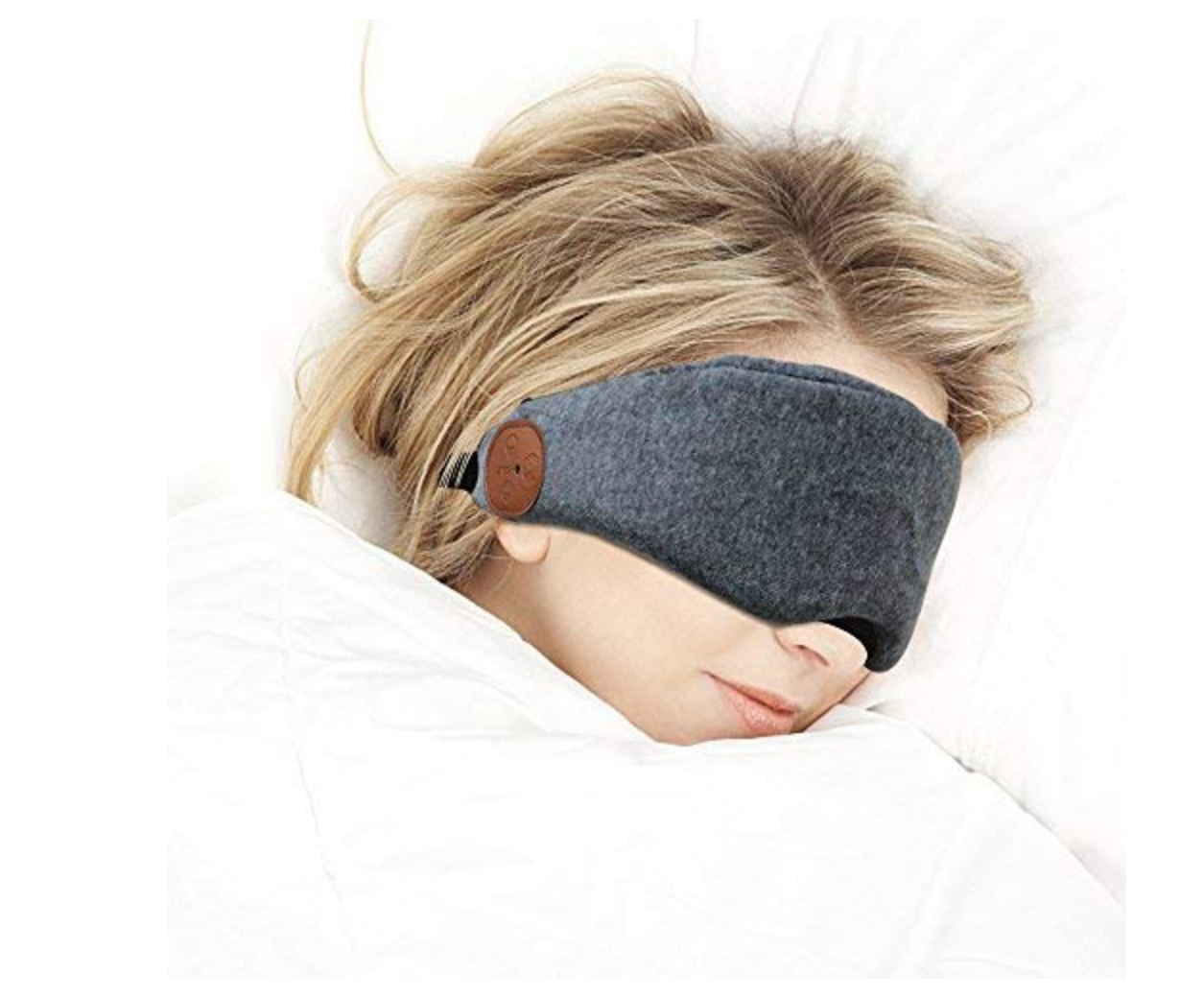
Take the next step
Now that you understand the importance of not only getting enough sleep, but getting good quality sleep, how sleep deprivation can impact your life, and how to improve your sleep, you can get on the road to adopting better sleep habits. Your body will thank you for it.
Check out a wide selection of Sleep Tech products at Best Buy Online.


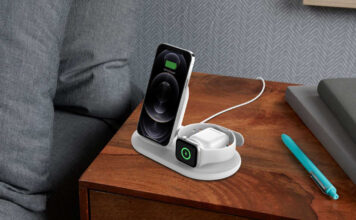






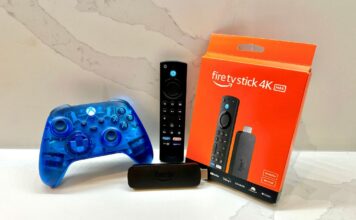
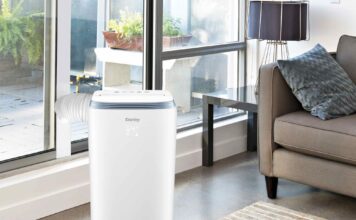
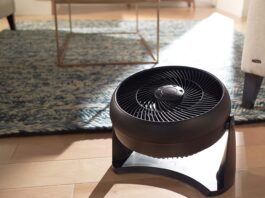



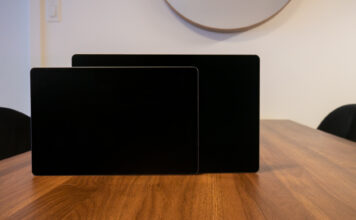



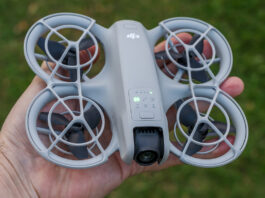








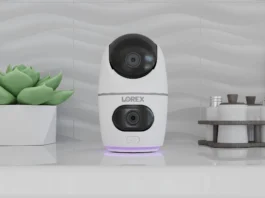
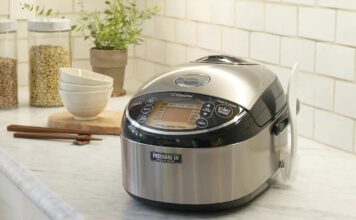








Very good article for sleep.
Comments are closed.